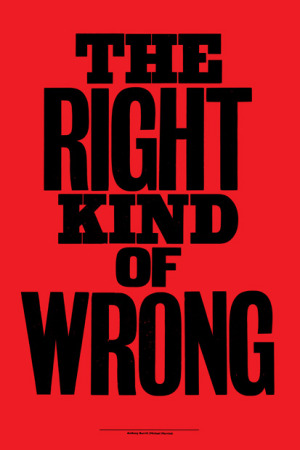Being A Medical Entrepreneur Is Risky Business: Spotting The Landmines
 Your job as an medical entrepreneur is to kill your idea early and often.
Your job as an medical entrepreneur is to kill your idea early and often.
The innovation landscape is littered with buzzwords describing the impact of new ideas: earth-shattering, killer-app, disruptive, blockbuster, game-changer. Your idea, invention or discovery might be one of them. However, before you get ahead of yourself, or full of yourself, take time to do a high-level risk assessment. In this exercise, your goal is to kill your idea early and often and continually ask "Why shouldn't I kill this idea now?"
In bioinnovation, the risk categories generally include:
1. TECHNICAL RISK: Will my invention or discovery do what I claim it will do?
2. FUNDING RISK: Will I be able to get the money to do what I want to do when I want to do it?
3. INTELLECTUAL PROPERTY RISK: Will I be able to protect the intellectual property I create, control it, and defend it?
4. EXECUTION/TEAM RISK: Will I be able to surround myself with experienced exectives who wil be able to execute our business plan?
5. MARKET RISK: Is their a large enough unmet need that will continue to grow and be profitable?
6. INDUSTRY RISK: Will the industry continue to grow and be immune from threat of substitutes, competitors, shifting supplier and buyer power?
7. BUSINESS MODEL RISK: Will your proposed business model, i.e., how you will make money, work?
8. REVENUE MODEL RISK: Are your assumptions about number of leads, conversion ratios, units sold, revenue/unit and repeat business valid, or are you betting on "only" .1% of the China market?
9. COST RISK: Are your fixed and variable cost projections reasonable?
10. REGULATORY AND REIMBURSEMENT RISK: Will you be able to get FDA approval and get someone to pay for your drug , device or diagnostic before the money runs out?
Give yourself 1-10 points for each category.
70-100: You've got a shot
50-70: Sounds like you have more work to do
<50: Don't give up your day job.
Performing this risk analysis before moving ahead with a formal feasibility plan (forget the business plan, dude, you are SO not there yet) will help you avoid spending time, effort and lots of money on an idea that was DOA from the beginning. The last thing you want to hear is your spouse telling you "I told you so".





 1 Comment
1 Comment
Reader Comments (1)
Well said. The null hypothesis thought process. This should be done with small, non-bioinnovation projects and services as well. Just because an idea resonates with you, doesn't mean it will sell - or that it is logistically practical. You need to do a SWOT analysis early (strengths, weaknesses, opportunities, threats) and do a little micro-marketing to confirm proof of concept.